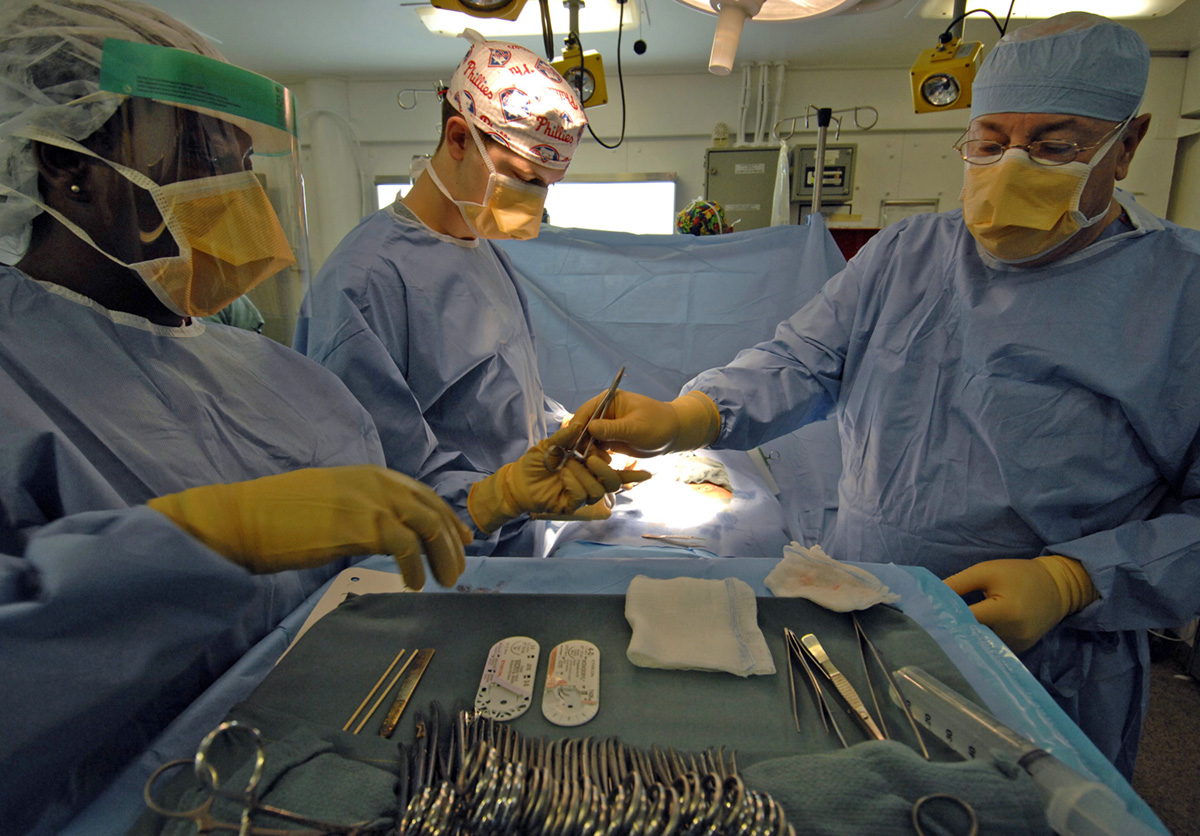
Hernia-overview
A hernia occurs when inner layers of abdominal muscle become weakened. The lining of the abdomen then bulges out into a small sac, and part of the intestine or abdominal tissue may enter the sac. Hernias occur most commonly in the groin or the navel. Some people with hernias remain relatively free from symptoms. A hernia can cause severe pain and other potentially serious problems (e.g., infection, bowel obstruction). Surgery is the only way to repair them, because they do not resolve on their own.
Types of surgery
There are two types of surgeries: an Open Herniorrhaphy (in this approach, the doctor makes a single long incision over the hernia, removes the protruding sac if necessary, and sews the torn muscle closed) and Laparoscopic Herniorrhaphy ( this version of the procedure is accomplished through two small incisions, one in the abdomen, the other close to the hernia. The surgeon uses miniature, remote-controlled surgical instruments to make the repair from within the abdomen.)
Complications
Although these procedures are very safe, certain complications have been known to appear.
InfectionsAs after any other surgery, infections may appear after a certain amount of time. However, an infection may appear if a hernia is left untreated.
SwellingAround the area that has been operated on, patients may experience swelling, which, in the case of men, can go down to the base of the penis. However, this is temporary.
Hernias may come backIt may happen when there is an infection or when it has been not properly repaired. Moreover, an overall lifestyle choice can severely influence the result of the surgery, being that it has been proven that anemia, obesity, and poor nutrition can be the reason for an unsuccessful surgery.
BleedingAlthough rare, it can happen. Mostly there is some bruising which is of no relevance, while it goes usually on its own.Testicular damageAlthough very rare, a patient should be aware of this. This may be caused by damaged blood supply, a simple technical error or swelling.
Pain Which is common with every surgery. After a hernia repair, prescribed medication should help. The pain is temporary, usually lasting from two days to a whole week in some cases. However, if the pain becomes chronic, there might be the possibility of nerve entrapment, and in that case, one should consult a doctor. If the medication prescribed does not help, there is a surgical solution.
Nerve entrapmentIt is very rare when an experienced surgeon operates. This means that some nerves close to the hernia have been caught in the sutures. It can cause chronic pain and should be dealt with immediately.


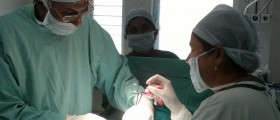




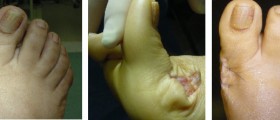


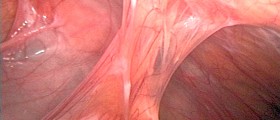
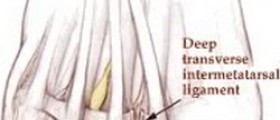
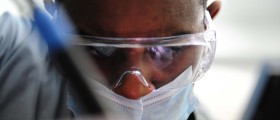
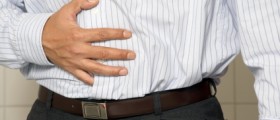

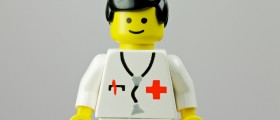

Your thoughts on this
Loading...